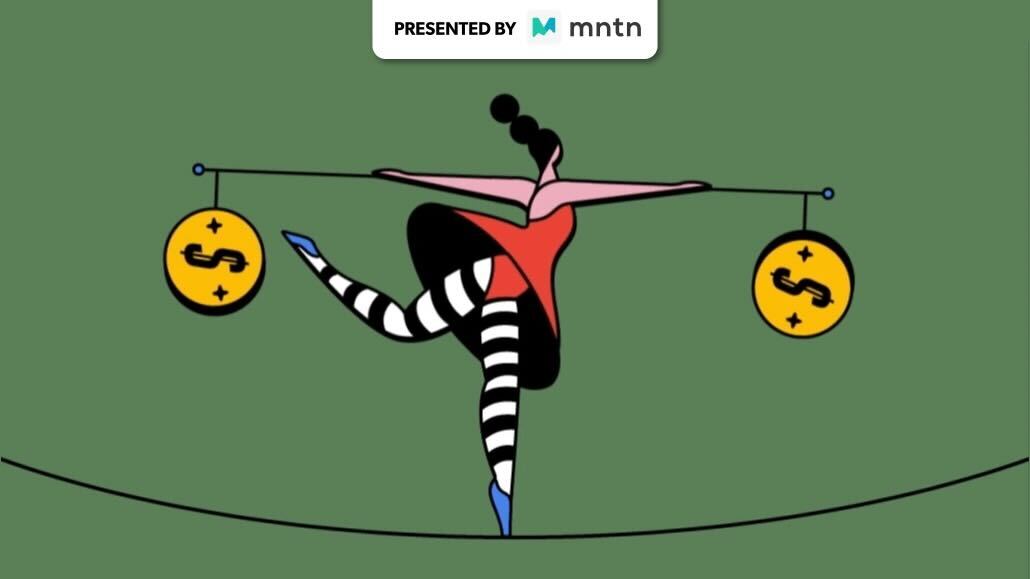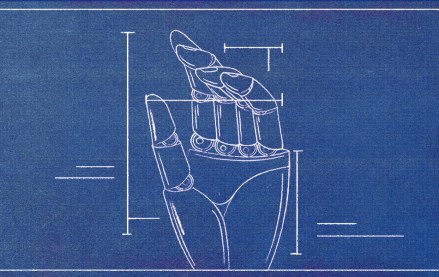How a startup pet health company is using direct mail to break through the noisy digital landscape

As more people are working from home, subscription-based pet healthcare startup Fuzzy, is leveraging direct mail to reach those people and ultimately boost brand awareness.
Like a number of other brands once reliant on digital performance marketing tactics, Fuzzy is beefing up its media mix, looking at alternative marketing channels like direct mail as data privacy regulations have muddied advertiser data options. Earlier this year, direct-to-consumer brand Parachute made a similar move.
“You get back to the basics in a roundabout way,” said Harley Butler, CMO at Fuzzy. “Instead of just micro-targeted [ads] and you’re obsessed with that, you really start to refocus on what your broader go-to-market messaging [and] strategy is.”
The six-year-old, California-based company leaned more heavily into direct mail about six months ago, ramping up spend from 10% this time last year to 35-40% of marketing spend now. From January to June of this year, Fuzzy spent an estimated $3.4 million on Facebook and Instagram, significantly down from the $12 million spent in 2021, according to Pathmatics.
As a startup, Fuzzy has spent the last year focused on product development, tweaking its membership initiative and nailing down the specifics of its business model. As the brand grows, they’re looking to boost awareness via marketing. Ultimately, they’re in growth mode right now, tripling ad spend over the last year, according to Butler. He did not provide further details regarding specific dollar figures.
“For the last year, we’ve really focused on making sure that it is a very, very well oiled machine, that we are making sure our communication strategy with our members is really strong,” Butler said.
At present, Fuzzy’s strategy is to send direct mail advertisements on a monthly basis, reserving daily ads for retargeting interested shoppers. According to the pet healthcare brand, direct mail has been cost-efficient and useful in terms of tapping into pet parents working from home, collecting personal information via quizzes, questionnaires and surveys.
Aside from the direct mail, Fuzzy’s media mix is made up of influencer marketing, audio streaming and digital video, paid search and some paid social. Soon, the startup plans to launch linear television and OTT efforts, Butler said.
While digital media takes top billing in most marketing plans, direct mail is a highly-targeted and measurable way to capture shopper’s attention in real life, according to Shalanna Clark, head of marketing at Code3 marketing agency.
“As uncertainty looms for the second half of the year, marketers are looking for creative ways to keep trends moving north. Direct mail may be one of the levers that moves the needle,” Clark said via email.
As the company looks to bolster itself in an increasingly crowded and competitive marketplace, with companies like Pawp and PetDesk competing for shopper attention, Fuzzy says it’ll continue to experiment with direct mail and other channels to perfect its mix.
“This is that critical moment where we feel like we have the right ingredients,” Butler said. “The go-to-market strategy has been a big priority in this past year, to really introduce Fuzzy and the business model to more people.”
More in Marketing

Agencies create specialist units to help marketers’ solve for AI search gatekeepers
Wpromote, Kepler and Jellyfish practices aim to illuminate impact of black box LLMs’ understanding of brands search and social efforts.

What AI startup Cluely gets — and ad tech forgets — about attention
Cluely launched a narrative before it launched a tool. And somehow, it’s working.

Ad Tech Briefing: Start-ups are now table stakes for the future of ad tech
Scaled ad tech companies need to maintain relationships with startups, when the sector is experiencing ongoing disruption due to AI.








